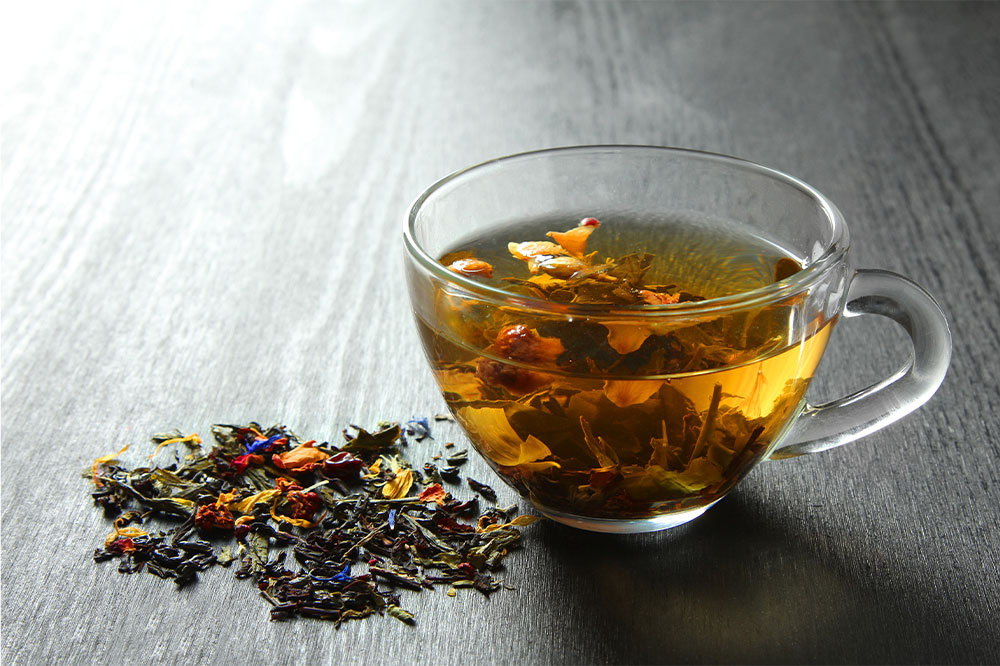5 foods that help prevent bad breath

Bad breath (halitosis) can be a source of discomfort for many. It’s a common issue caused by various factors, including poor oral hygiene, underlying conditions, and meal choices. While brushing and flossing are necessary for maintaining fresh breath, certain foods can also help combat bad breath naturally. Plus, one should speak to an expert about any concerns they may have about unpleasant mouth odors. That said, let’s explore five foods known for their breath-freshening properties.
Crunchy vegetables and fruits
One of the best ways to tackle bad breath is by increasing saliva production in the mouth, which helps wash away odor-causing bacteria. Crunchy, water-rich vegetables and fruits like and carrots and apples are excellent choices. Their natural abrasiveness also helps remove plaque and food particles from teeth, contributing to better oral hygiene. Additionally, the high water content aids in keeping the mouth moist, preventing dry conditions that promote bacterial growth and bad breath.
Yogurt with probiotics
Yogurt, particularly varieties that contain probiotics or live active cultures, could be beneficial for bad breath. Probiotics promote a healthy balance of good bacteria in the mouth and gut. This may help reduce the overgrowth of odor-producing bacteria that contribute to foul breath. Opt for plain, unsweetened yogurt to avoid added sugars that might exacerbate dental issues.
Parsley
Certain herbs, like parsley, have been traditionally used to combat bad breath. It contains chlorophyll, a natural deodorizer that neutralizes odors. Chewing on a fresh parsley sprig after a meal might help freshen one’s breath. Another food to try is cinnamon, which has natural antibacterial properties that may inhibit the growth of odor-causing bacteria in the mouth. A sprinkle of cinnamon on food or a cup of cinnamon tea could be helpful.
Green tea
Green tea is well-known for its range of health benefits, including its potential to improve oral hygiene and reduce bad breath. It contains polyphenols, which may help control the growth of bacteria in the mouth. Green tea also has antioxidant properties that could neutralize sulfur compounds responsible for foul odors. Drinking a cup of unsweetened green tea may not only freshen one’s breath but also support overall oral health.
Lemons
Citrus fruits like lemons are high in vitamin C, which might help prevent gum disease, a common cause of bad breath. The acidic nature of these fruits stimulates saliva production, assisting in rinsing away odor-causing particles. One could also add grapefruits and oranges to fight bad breath. However, it’s important to consume citrus fruits in moderation, as their acid content can erode tooth enamel. It’s a good practice to rinse one’s mouth with water after consuming citrus fruits.
Apart from these foods, sugar-free gum may also be a handy tool for combating bad breath. Chewing gum stimulates the production of saliva. This, in turn, helps rinse away odor-causing bacteria and particles in the mouth. Sugar-free options are preferable as they won’t contribute to tooth decay. Some gums also contain ingredients like xylitol, which inhibits bacterial growth. While sugar-free gum provides temporary relief, it’s important to deal with the root causes of bad breath via proper and regular oral hygiene and dental check-ups.



